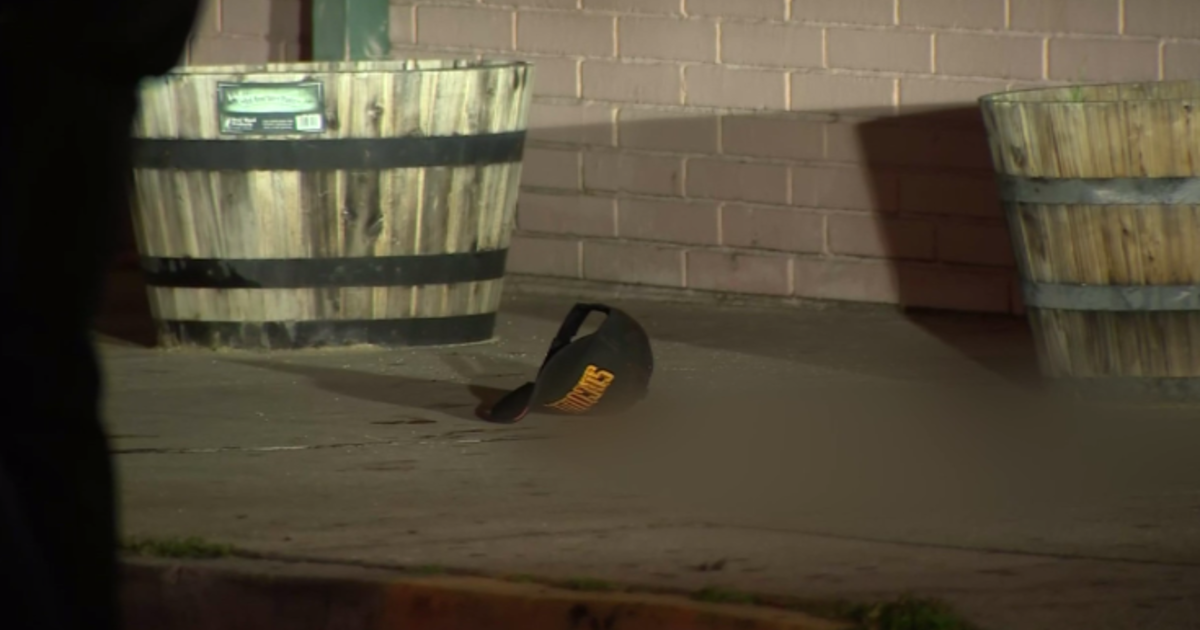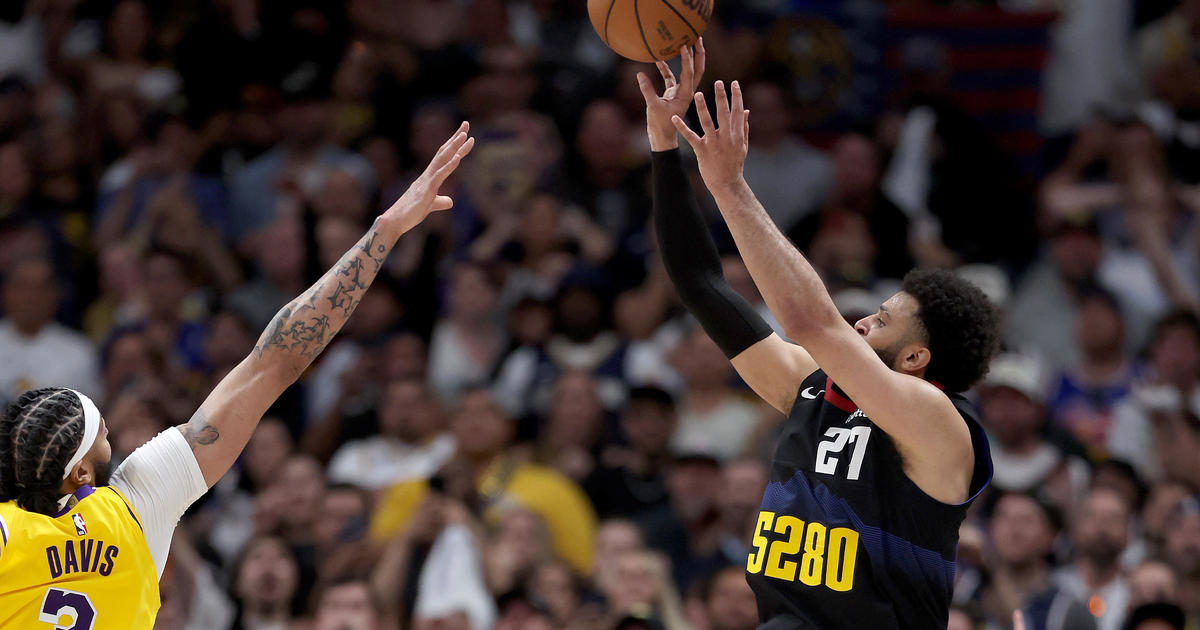ER Doctor Describes 'Most Dangerous Time' For Healthcare Providers Battling Coronavirus Pandemic
As an emergency physician for 25 years, Dr. Mark Morocco has it seen it all.
"Doctors sign up for this moment, it's a moment when we have the opportunity to help," he says. "But this is a unique, sort of unprecedented experience, even for doctors."
Morocco works to save lives in the emergency department of the Ronald Reagan UCLA Medical Center. For the past few weeks, he's been working in full personal protective equipment (PPE), part of a new reality of the COVID-19 pandemic.
"It takes a long time to make a critical care doctor," he says. "And so first I have to protect myself so I can protect you."
Morocco spends about 30 minutes at the start of his shift suiting up -- and another 30 minutes at the end getting it all off.
"The most dangerous time for healthcare providers and for doctors -- and this is the lesson from [the 2014 Ebola outbreak] -- was when people take off their equipment," he continued.
Once home these days, Morocco undergoes a second decontamination ritual. He walks through the gate and goes directly to an open-air shower in the backyard.
"I take everything off -- from my clogs, all of my clothes that are relatively clean."
Morocco dredges his clothes completely in steaming water. And then, it's his turn.
"And I'll do a regular head to toe shampoo and soap shower," he explains. "Before I get out of the shower, grab up everything that got wet, throw it back in the plastic bag and then wash my hands one more time."
A sealed plastic tub holds an untouched towel, shoes and a set of clothes. The final stop is laundry in the garage where he drops in his travel scrubs.
"Wash my hands and arms again and then I'm comfortable to go and house."
He said the extra precautions are worth it so he remains healthy to save lives.
Morocco came to medicine later than most. He spent his 20s working in theater -- and then he was nearly killed in a car accident.
"My life was saved by an emergency room and trauma surgeon in a hospital that was ready."
It was then that he found his calling.
"Went to medical school when I was 30."
And once he graduated, he chose emergency medicine "because of my experience."
Of all the STEAM disciplines — science, technology, engineering, art and mathematics — Dr. Morocco relies most on science and art.
"The art of medicine that allows people to bridge the great research with the human aspect of people who come to the ER every day having a terrible day, sometimes the worst days of their life," he says.
"The way you interact with patients can have a huge impact on how confident they are in their health care, how willing they are to follow your directions."
More than 3,000 front-line healthcare workers have contracted COVID-19 across the globe and the numbers are rising.
"We've already had lots of physicians and healthcare workers and nurses who have died from this disease, so it's not lost on me that there's risk, but a lot of people take risks."
Why do it anyway?
"I like people, I like stories and if you want to be an important part of a day in their life, emergency medicine is the best place in medicine."



